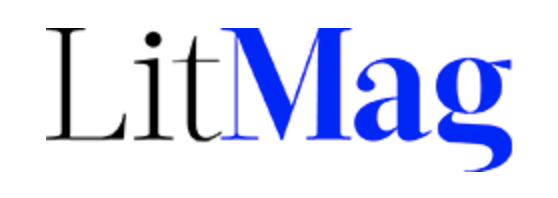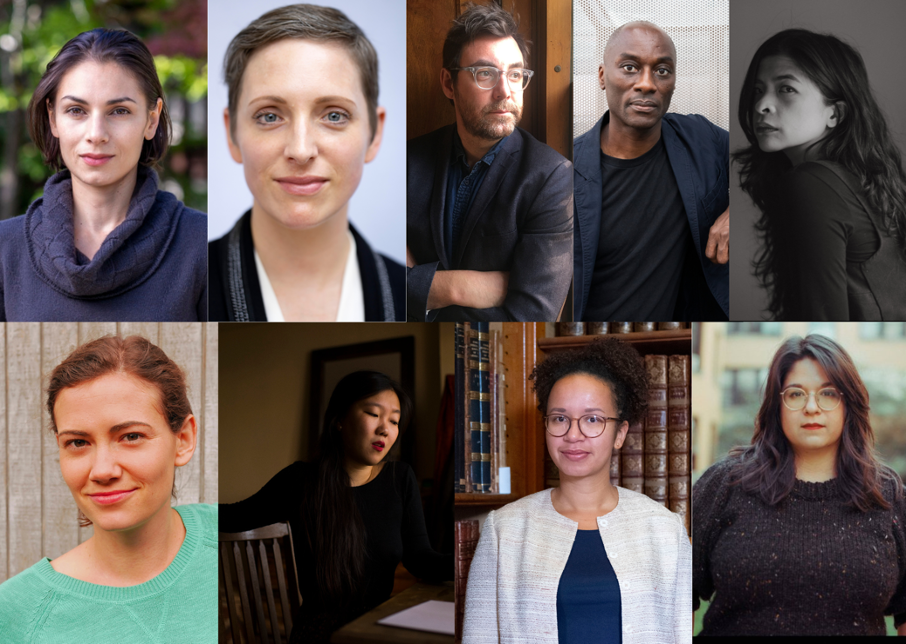Upcoming Contest Deadlines
With the fall season underway and a new month around the corner, get a jump start on submitting to contests with deadlines of November 30 and December 1! These awards present opportunities for queer writers as well as debut poetry and prose writers, among others. Plus, one lucky poet will win $3,000, publication of their manuscript, and the chance to give a reading under the auspices of the Folger Shakespeare Library. All contests offer a cash prize of $1,000 or more and one is even free to enter. Onward, writers!
Autumn House Press
Rising Writer Prize
A prize of $1,000 and publication by Autumn House Press is given in alternating years for a debut work of poetry or fiction. The 2023 prize will be given for fiction. The winner will also receive a $500 grant for travel and book promotion. Matt Bell will judge. All finalists are considered for publication. Deadline: November 30. Entry fee: $25 (the submission fee may be waived in cases of financial need).
BOA Editions
A. Poulin Jr. Poetry Prize
A prize of $1,000 and publication by BOA Editions is given annually for a first book of poetry by a U.S. resident. Tina Chang will judge. Deadline: November 30. Entry fee: $25.
Langum Foundation
David J. Langum Sr. Prize in American Historical Fiction
A prize of $1,000 is given annually for a book of historical fiction published during the current year. Self-published books are ineligible. Deadline: December 1. Entry fee: none.
Masters Review
Novel Excerpt Contest
A prize of $3,000, publication in Masters Review, and an agent consultation will be given annually for an excerpt of an unpublished novel or novel-in-progress showing “a sense of style, with a clear grasp on craft” by an emerging writer. Halley Dunne Parry of the Hamilburg Agency will offer the consultation for this contest cycle. Charmaine Craig will judge. Writers who have not published a book or who have published a book with a circulation of less than 5,000 are eligible. All entries will be considered for publication. Deadline: December 1. Entry fee: $20.
Meadowlark Press
Birdy Poetry Prize
A prize of $1,000, publication by Meadowlark Press, and 50 author copies is given annually for a poetry collection. All entries are considered for publication. Deadline: December 1. Entry fee: $25.
Quarter After Eight
Robert J. DeMott Short Prose Contest
A prize of $1,008.15 and publication in Quarter After Eight is given annually for a prose poem, a short short story, or a micro essay. Kirstin Valdez Quade will judge. All entries are considered for publication. Deadline: November 30. Entry fee: $15.
Red Hen Press
Quill Prose Award
A prize of $1,000 and publication by Red Hen Press is given annually for a story or essay collection, a novel, or a hybrid work of prose by a queer writer. Elizabeth Bradfield will judge. Deadline: November 30. Entry fee: $10.
Regal House Publishing
W.S. Porter Prize for Short Story Collections
A prize of $1,000 and publication by Regal House Publishing is given annually for a story collection. The editors will judge. Deadline: December 1. Entry fee: $25.
Tadpole Press
100-Word Writing Contest
A prize of $1,000 will be given twice annually for a work of flash poetry or prose. Deadline: November 30. Entry fee: $10.
Waywiser Press
Anthony Hecht Poetry Prize
A prize of $3,000 and publication by the Waywiser Press is given annually for a poetry collection by a poet who has published no more than one previous collection. The winner will also give a reading with the contest judge under the auspices of the Folger Shakespeare Library in Washington, D.C. Deadline: December 1. Entry fee: $29.
Visit the contest websites for complete guidelines, and check out the Grants & Awards database and Submission Calendar for more contests in poetry, fiction, creative nonfiction, and translation.






